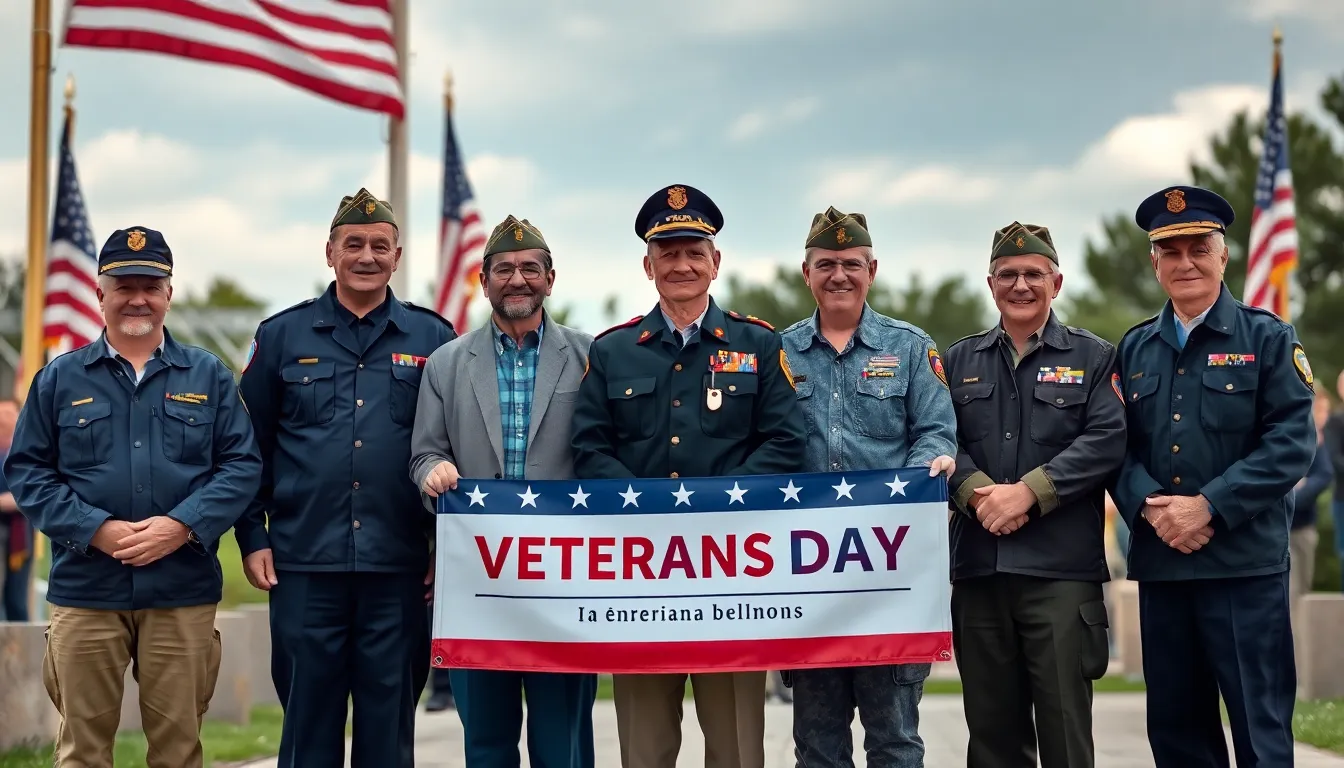In a world where every tweet can send shockwaves, the idea of renaming Veterans Day has sparked quite the debate. Picture this: a holiday dedicated to honoring those who’ve bravely served, suddenly getting a makeover. Could Trump be the mastermind behind this twist? The thought might sound like a plot twist in a political sitcom, but it’s got folks buzzing.
Table of Contents
ToggleOverview of Veterans Day
Veterans Day honors military veterans who served in the United States Armed Forces. Celebrated annually on November 11, this holiday marks the end of World War I. Observances include parades, ceremonies, and memorial services nationwide. Many communities pay tribute to those who served, ensuring their sacrifices are recognized.
The historical significance of Veterans Day traces back to the Armistice Day declaration in 1919. Congress established Veterans Day as a federal holiday in 1954, shifting its focus from honoring WWI veterans to recognizing all U.S. military veterans. The day serves as a reminder of the bravery and dedication exhibited by service members throughout history.
Local organizations often host events to commemorate the day. Schools teach students about the importance of military service and the meaning behind the holiday. Flags are flown at half-staff in memory of fallen soldiers, while other symbols of patriotism are prominently displayed.
In recent years, discussions around Veterans Day have gained traction, particularly regarding its recognition. Advocacy groups emphasize the need for greater awareness of veteran issues year-round, not just on this special day. Continuing education about the challenges faced by veterans plays a crucial role in ensuring they receive proper support and respect.
Awareness campaigns encourage individuals to express gratitude toward veterans. Volunteers frequently offer assistance at veteran organizations, helping to bridge gaps in services and support systems.
Nurturing a culture of respect and recognition for military service reinforces the values that Veterans Day embodies. Engaging in dialogue about veterans’ contributions fosters a shared understanding of their sacrifices.
The Influence of Trump on National Holidays

Trump’s influence on national holidays raises questions about the respect and traditions surrounding these commemorative days. His proposals often spark heated debates, challenging longstanding practices.
Previous Changes in Holiday Names
Historically, changes to holiday names have occurred, often in response to evolving cultural and political landscapes. For example, Armistice Day turned into Veterans Day in 1954, reflecting a shift from honoring WWI veterans alone to recognizing all U.S. military veterans. Throughout history, lawmakers have renamed holidays to honor specific groups or events, showcasing the dynamic nature of national observances.
Public Reaction to Trump’s Proposals
Public reaction to Trump’s proposals typically splits along partisan lines. Some supporters see renaming efforts as necessary for national pride, while critics argue that altering traditional names disrespects history. In polls, substantial concerns arise about the impact of such changes on unifying the nation. Advocacy groups often voice strong opinions on these issues, promoting dialogue about preserving the sanctity of Veterans Day. Overall, the mixed responses highlight the complexities surrounding national holiday observances.
Is Trump Renaming Veterans Day?
Recent discussions about Veterans Day suggest potential changes, some attributed to former President Trump. These ideas have stirred considerable debate among the public.
Facts Behind the Rumors
Various factors contribute to rumors regarding the renaming of Veterans Day. Some individuals point to Trump’s previous remarks about national holidays, believing he may support name changes to reflect his vision for American pride. Media outlets have reported confusion surrounding the matter, amplifying speculation. Polling data indicates a mixed public response, with many expressing concern about altering such a significant day. Historical context plays a role as well; changes to holiday names have occurred when cultural sentiments changed.
Official Statements and Clarifications
Official responses from Trump’s camp emphasize that no formal proposal currently exists to rename Veterans Day. Press releases reassure the public that honoring veterans remains a priority. Advocacy groups interpret these statements cautiously, urging continued dialogues on veteran issues. Despite ambiguity, organizations dedicated to veterans consistently affirm the need for honoring military service. Concerns persist that any attempt to rename the holiday could undermine its historical significance and purpose. Branches of the military and veteran organizations maintain rigorous advocacy for preserving the legacy of Veterans Day.
The Importance of Veterans Day
Veterans Day plays a crucial role in honoring military service members. This holiday serves as a reminder of the sacrifices made by those who defended the nation.
Historical Significance
World War I ended on November 11, 1918. That date became known as Armistice Day, commemorating the peace agreement. In 1954, President Dwight D. Eisenhower signed legislation transforming Armistice Day into Veterans Day, honoring all veterans. Historical significance attaches to this transition, as it emphasizes inclusivity for all who served in the U.S. Armed Forces. People across the country observe this day with ceremonies that reflect on the bravery of past and present military members. Recognition of these sacrifices not only highlights pivotal moments in history but fosters a deeper understanding of the price of freedom.
Celebrating Veterans’ Contributions
Celebrations occur nationwide, including parades, memorials, and educational events in schools. Communities come together to express gratitude for veterans’ sacrifices. Each city often hosts its own unique events, showcasing local culture while honoring its service members. Schools organize programs designed to inspire students to appreciate military contributions. Engaging veterans in sharing their stories fosters respect and admiration among younger generations. Organizations continue to advocate for active support of veterans beyond Veterans Day, ensuring that their contributions remain recognized throughout the year. Events dedicated to veterans reinforce a culture of recognition that values their immense impact on society.
The discussion surrounding the potential renaming of Veterans Day reflects broader societal sentiments about honoring military service. While speculation persists about former President Trump’s influence on this revered holiday the commitment to recognizing veterans’ sacrifices remains unwavering.
As advocacy groups emphasize the importance of maintaining the historical significance of Veterans Day the public continues to engage in conversations about respect and tradition. The ongoing debate serves as a reminder of the need to appreciate and honor those who served in the armed forces.
Ultimately the value of Veterans Day lies in its ability to unite communities in gratitude and remembrance.



